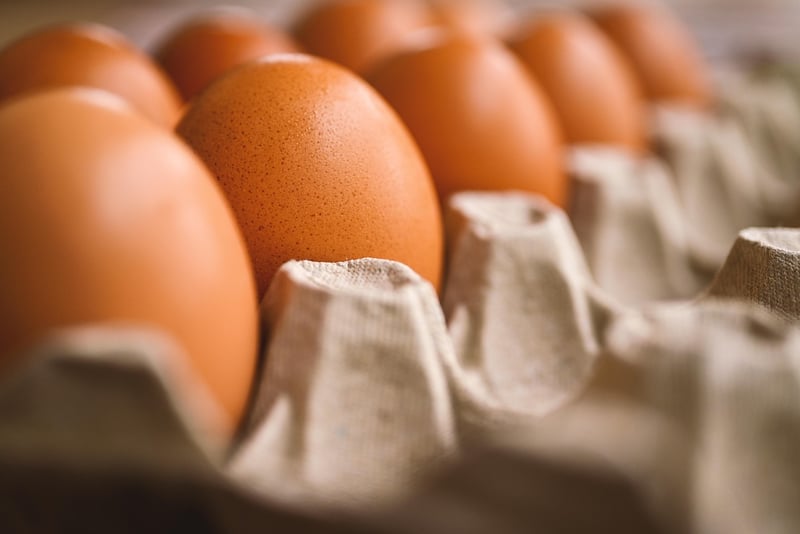Storage Methods
The Art of Harvesting Plants and Effective Storage Methods
Introduction
Harvesting plants is a crucial step in the process of utilizing them for various purposes. Whether you are gathering herbs from your garden or crops from a large farm, understanding the best practices for harvesting and storing plants is essential to maintain their quality and potency. In this guide, we will explore the art of harvesting plants and discuss effective storage methods to extend their shelf life.
Harvesting Plants
When it comes to harvesting plants, timing is key. Different plants have different optimal harvesting periods, and it's essential to pick them at the right time to ensure maximum flavor and nutritional value. Here are some general tips for harvesting plants:
- Harvest leafy greens in the morning when they are crisp and full of moisture.
- Pick herbs before they start flowering for the best flavor.
- Harvest fruits and vegetables when they are ripe but still firm.
- Use sharp, clean tools to prevent damage to the plants.
- Avoid harvesting plants during extreme weather conditions.
Storage Methods
Once you have harvested your plants, proper storage is crucial to maintain their freshness and quality. Here are some effective storage methods for different types of plants:
1. Leafy Greens
Leafy greens like lettuce and spinach can be stored in the refrigerator. Wash and dry them thoroughly before storing in airtight containers or resealable bags with a paper towel to absorb excess moisture.
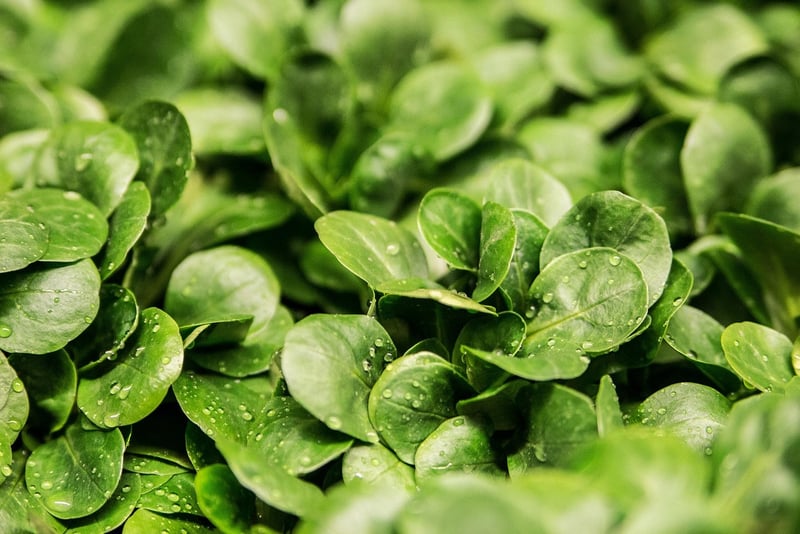
2. Herbs
Herbs can be stored fresh by placing them in a glass of water like a bouquet or wrapped in a damp paper towel and stored in the refrigerator. Alternatively, herbs can be dried by hanging them upside down in a well-ventilated area.
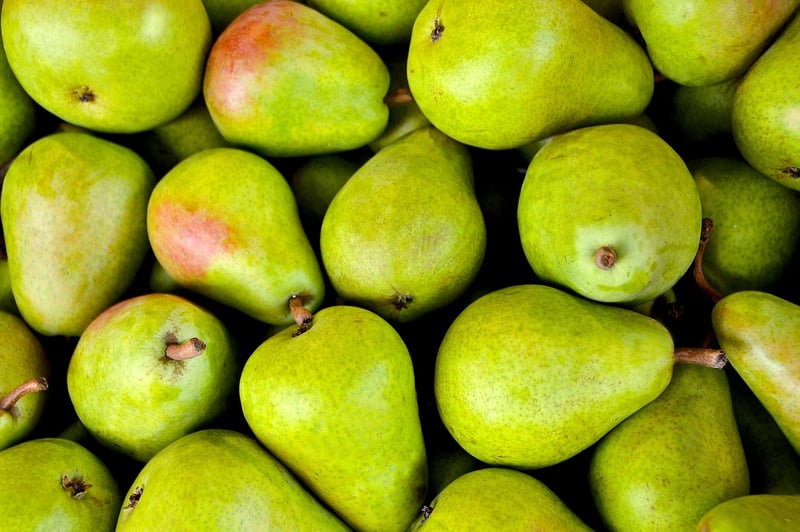
3. Fruits and Vegetables
Fruits and vegetables should be stored in a cool, dark place with good air circulation. Some fruits, like apples and bananas, can be stored at room temperature, while others, like berries, should be refrigerated.
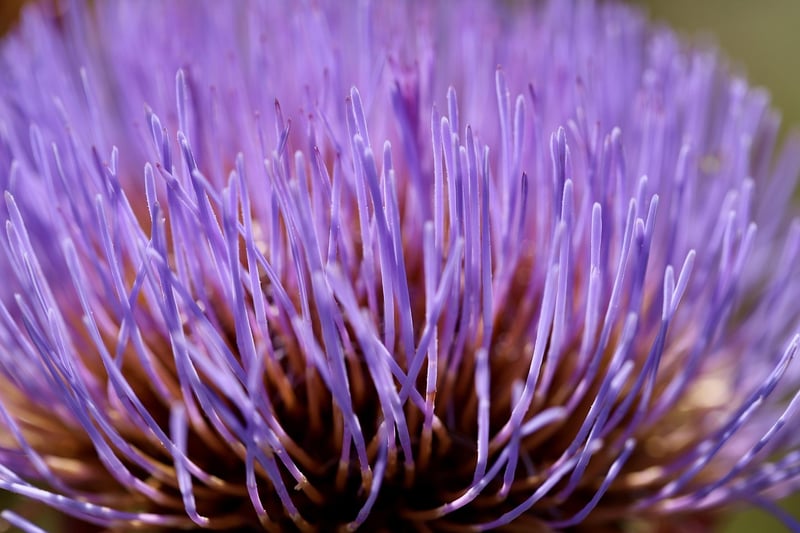
4. Dried Plants
If you prefer to dry your plants for long-term storage, hang them in a warm, dry place away from direct sunlight. Once completely dry, store them in airtight containers in a cool, dark place to preserve their flavor and aroma.
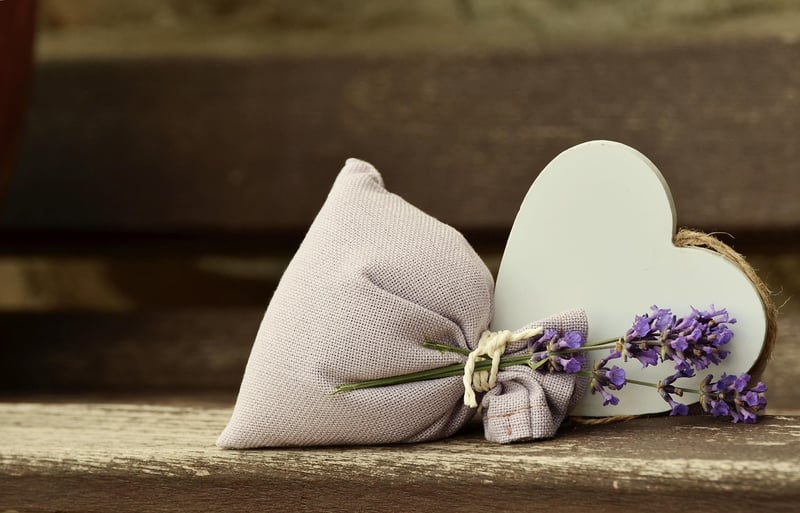
Conclusion
By mastering the art of harvesting plants at the right time and employing effective storage methods, you can enjoy the freshness and flavor of your plants for an extended period. Whether you are a home gardener or a commercial farmer, these practices will help you make the most of your harvests.
Remember, each plant may have specific requirements for harvesting and storage, so always research the best practices for the plants you are working with to ensure the best results.
